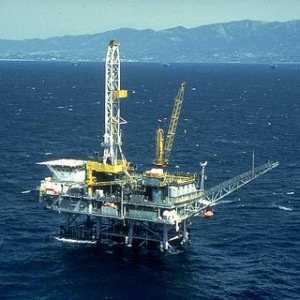Sustainable Living & Sustainable Lifestyle
Just because the news is not in our backyard, it does not mean it is not news.
Just because the news is not in our backyard, it does not mean it is not news.
In mid 2010, the news coverage of the Deepwater Horizon oil spill in the gulf was non-stop; it was found on every television news channel, website and newspaper across the United States. People were rightfully outraged at the environmental damage that was being done and how the disaster response was lackluster or poorly managed. Since I am local to the gulf oil spill region, my family is still reminded of the spill when local news reports fishing or beaches remain impacted by the environmental waste left in the aftermath. Did you hear about the 40,000 barrel spill in Nigeria which occurred last week, the worst in more than a decade for that country?
 Don’t feel bad if you had not heard of the Nigerian spill, there was very little coverage surrounding the issue on primetime news networks or newspapers. Officials with Royal Dutch Shell PLC said it had contained the spill in less than week since it was first spotted, though during a flyover the company located another unrelated oil spill, putting a spotlight on how polluted the region really is. Nigeria is an OPEC country, producing 2.4 million barrels per day and is also a top supplier of crude oil to the United States. The Huffington Post reported that some environmentalists estimate that around 550 million barrels of oil has spilled into the Niger Delta region, comparable to an Exxon Valdez spill each day.
Don’t feel bad if you had not heard of the Nigerian spill, there was very little coverage surrounding the issue on primetime news networks or newspapers. Officials with Royal Dutch Shell PLC said it had contained the spill in less than week since it was first spotted, though during a flyover the company located another unrelated oil spill, putting a spotlight on how polluted the region really is. Nigeria is an OPEC country, producing 2.4 million barrels per day and is also a top supplier of crude oil to the United States. The Huffington Post reported that some environmentalists estimate that around 550 million barrels of oil has spilled into the Niger Delta region, comparable to an Exxon Valdez spill each day.
The goal was not to pick on Nigeria and the environmental catastrophe unfolding before our eyes, it was to open your eyes to a larger world. According to a Wikipedia page that tracks oil spills, there were at least 8 spills around the world this year alone. Our oceans are connected; ecosystems across the globe are fragile and can easily have a domino effect on distant neighbors. As part of a sustainable lifestyle you have to decide when and how you can make difference but staying informed is a necessity. Even if the news is not in our backyard, it does not mean it is not news.